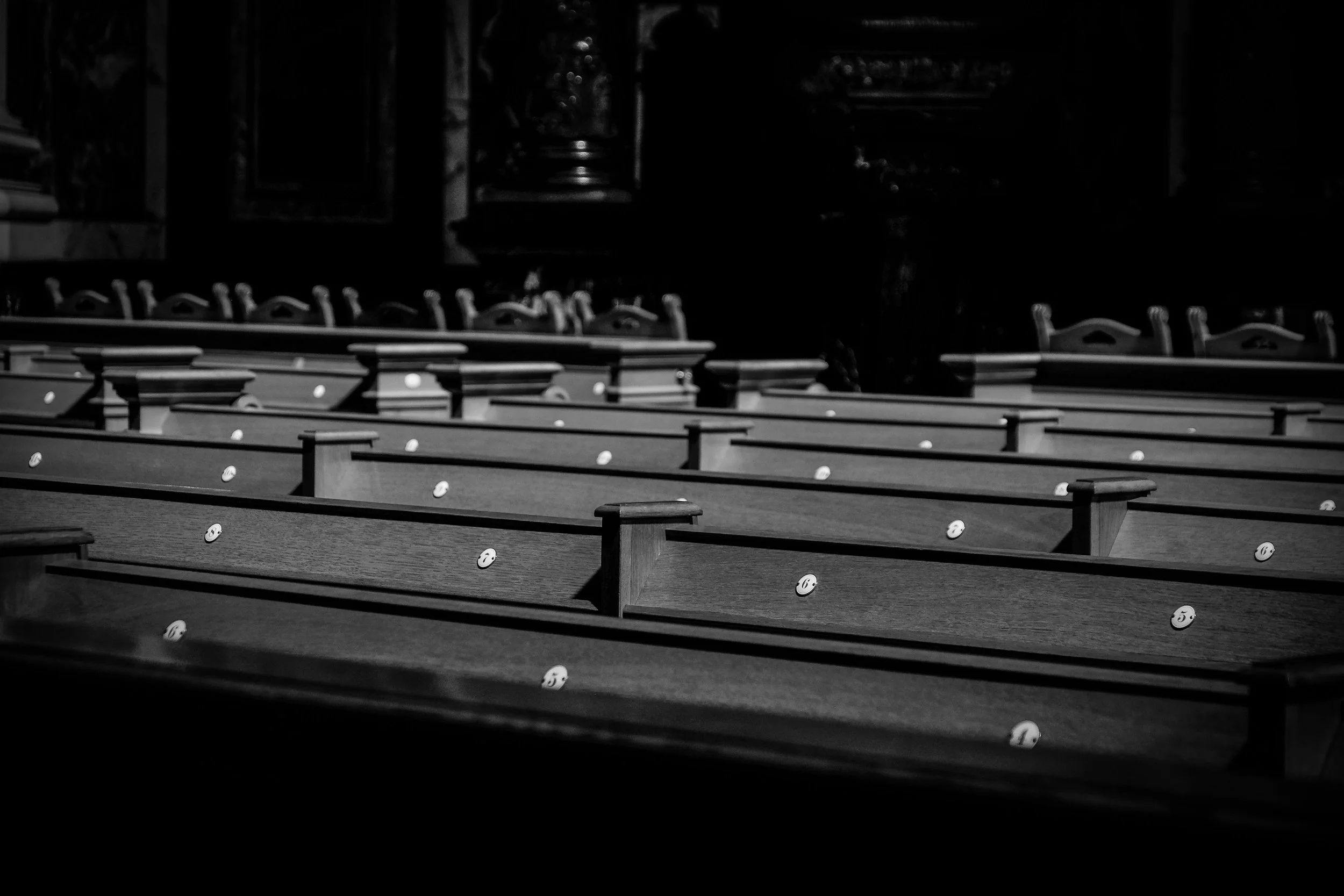What is the Church of Christ?
The church mentioned in the New Testament was prophesied by prophet Isaiah that, “Now it shall come pass in the latter days That the mountain of the LORD'S house Shall be established on top of the mountains And shall be exalted above the hills; And all nations shall flow to it. And many people shall come and say “Come , and let us go up to the mountain of the LORD. To the house of God of Jacob; He will teach us His ways and we shall walk in His paths'' For out of Zion shall go forth the law. And the word of the LORD from Jerusalem. Isaiah 2:2-3 This prophecy fulfilled in Acts chapter 2 And the church came into existence about 2000 years ago Jesus also promised that. “…upon this rock I will build my church…” (Matthew 16:18). Shortly after Jesus Christ was crucified, buried, resurrected and ascended back to God the Father, the apostle Peter, along with the other eleven apostles, preached to a multitude about Christ and about the church he promised to build. After the peoples heard the sermon (Acts 2:37-47) the church was no longer a promise, but a reality. The promise of the Lord in Matthew 16:18 was not to build a building, but an assembly or body of people who are in fellowship with Jesus the Son and God the Father and Holy Spirit. These people who hear, obey and live by Christ’s teachings and the teachings of Jesus’ apostles, all found in the New Testament. These “Christians”, as they were later called, became the church of Christ – those called out of the world, the power of darkness and called into the marvelous kingdom of God's dear son to serve Him. Colossians 1:13
The Worship
The worship of the church of Christ is simple and spiritual. Men officiate at each part of the worship, exactly like New Testament times. Singing is performed in the assembly today just as it was done during the days of the apostles, without the use of accompanying instrumental music (Colossians 3:16). Prayers are offered to God through Jesus Christ, and the Lord’s Supper is observed as a memorial to Christ every first day of the week, just as the first century church did (Acts 20:7). Christians also contribute a portion of their finances once a week on the Lord’s Day to support the work of the church (1 Corinthians 16:2), and time is spent in a study of God’s Holy Word, the Bible.
Not a Denomination
The church of Christ is not a denomination. The “churches of Christ” (Romans 16:16) follow only the New Testament for its doctrine. The church of Christ does not follow human creeds, disciplines or manuals, since to do so would be to worship the Lord in vain. (Matthew 15:8-9). To truly be a “New Testament” Christian, one must follow the teachings of the New Testament.
Becoming a Member of Christ’s Church
People become a member of Christ’s church today by doing what people did during New Testament times. They learned about Jesus Christ and believed in Him (Romans 10:17 & Mark 16:16), repented of their sins and turned away from their former way of life (Acts 2:38), confessed Jesus as Lord (Romans 10:9-10), were buried (immersed) with Christ in baptism for remission of their sins (Romans 6:4-5; Acts 2:38; Acts 22:16 and 1 Peter 3:21), and continued living as a faithful disciple (Revelation 2:10).
The Scriptures tell us that Jesus “purchased” (redeemed) the church with his own blood through his suffering and death on the cross (Acts 20:28). What a tremendous price he paid to redeem from the world those whom he would call his brethren. It is not prudent to think that his body of the redeemed, the church, is not important when considering the price that Jesus paid for it. Furthermore, no one can expect to find salvation outside of the church (the body of Christ), since it is the only church Jesus established and the only assembly of those redeemed by his blood. Obeying Christ’s teachings and being added to His church is what New Testament Christians did to be assured of Heaven. That’s why we invite you to join us in studying God’s Word, and to become a Christian just like those in New Testament times.

